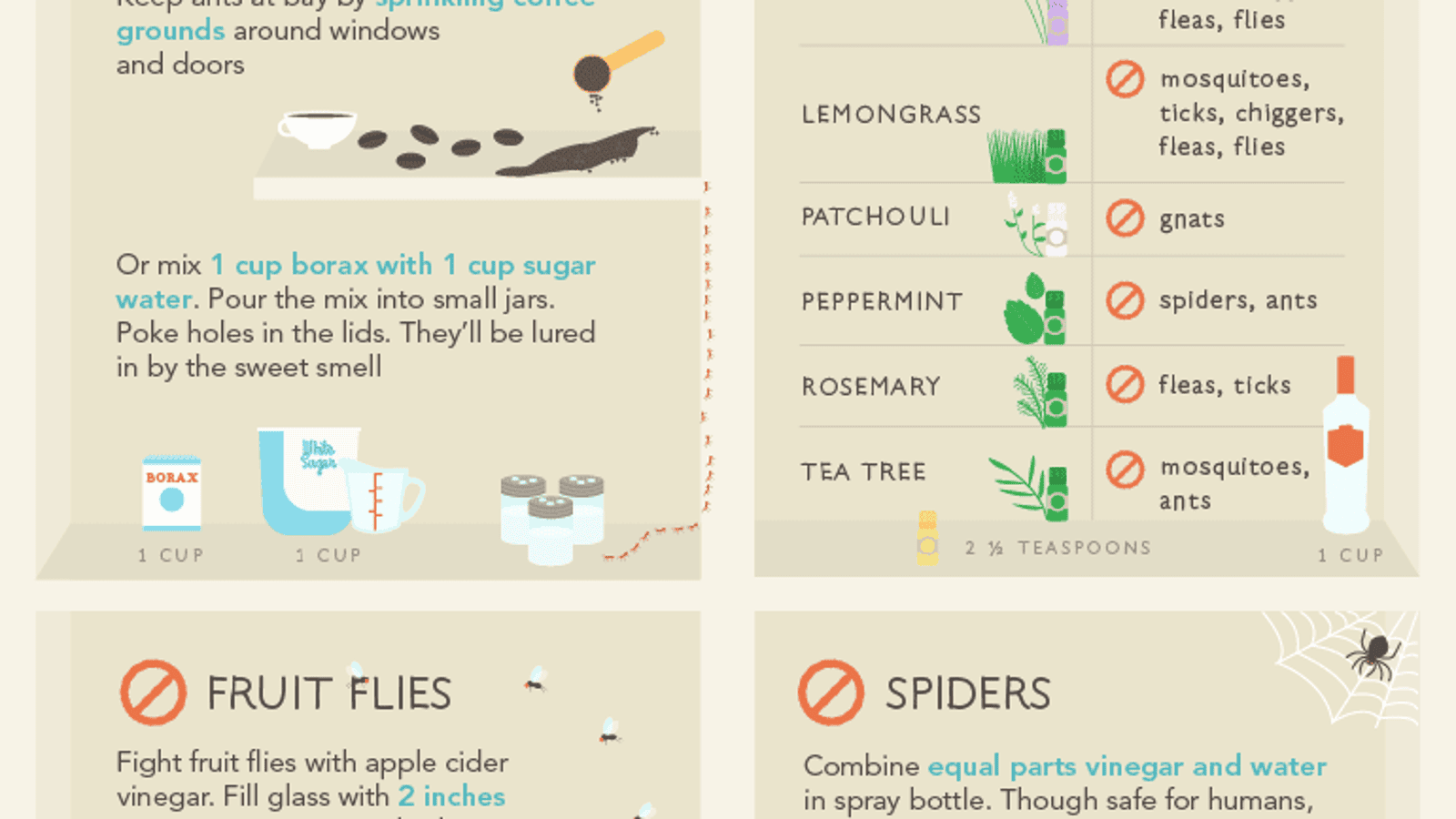Table of Content
You’ll also want to scope out places like attics and basements, which tend to be damp and can attract pests. Any excess moisture should be dealt with by initiating the proper repairs or by setting up a dehumidifier. Certain spots, like pipes behind the sink and in the bathroom, can leak and attract pests. Summer is heating up, and although you’re probably spending more time outside, you might notice that bugs are spending more time inside your home.
Removing the garbage from your kitchen space reduces the chances of pest infestations, significantly. Note that yard waste can also attract pests onto your property. Secondly, pests have the power to physically damage your property. These destructive pests hide within the walls, meaning they can inflict damage before you ever notice physical signs of wear-and-tear. With this in mind, the sanctity of your home depends on a proactive approach to pest control.
Clean Up After Your Pets
If the doors are mostly there, but still not closing completely, buy some weather stripping to seal up that extra 1/2″ of space that can let all the critters come in. Below are some of the more common ways to help keep your home bug-free that customers have found helpful. Just sprinkle it on mostly affected areas and say goodbye to bugs forever. Bugs sometimes seem like they appear out of nowhere, but luckily, that’s rarely the case.
For example, firewood tends to be attractive to all kinds of pests, including ants, termites, and spiders. Make sure all piles are stored at least 20 feet from your home so they won’t come indoors. Pretreatment of the site and materials prior to construction is recommended. Eliminate close soil levels and avoid damp crawlspaces by installing good drainage.
Make a Homemade Flytrap
Reseal your windows to eliminate any entrance points for bugs and insects. It seems like annoying bugs are everywhere this time of year. Whether they're destroying plants in your garden, infesting your kitchen, or buzzing around your ears, you can deal with them once and for all, thanks to some ingenious products.

The best way to get rid of - and to prevent - bugs in your house is to avoid attracting them there in the first place. Put the snacks away to avoid attracting pests - store them in sealed containers or in the refrigerator whenever possible. You might like to keep your windows open while you sleep during the summer months, and that’s a great habit - it’s good for your health. However, you need to take some extra precautions to make sure you aren’t inviting bugs into your bed, too. Make sure your screens are all in good shape to keep bugs out, and consider setting up a trap.
Keep a Tidy House
They look and behave much like large ants but with wings. Winged termites will leave the colony and travel more than 100’ in search of wood and other cellulose material for food. Once food is found, non-winged varieties will, like ants, return to base leaving a chemical trail for the rest of the colony to follow. SpiderNow comes a group of pests that no one other than the Adams Family want in their home. Surprisingly, spiders are the ultimate insect predator and actually “beneficial” because they feed on insects ravenously and help to keep the populations in check.

These three plants destroy bugs very quickly and effectively. Spray liquid around the house, especially in the sleeping areas. Put the solution inside a bottle and swirl to mix the ingredients thoroughly. The spray can be used to control pests such as ants, slugs, and moths. Spray the mixture on surfaces where you have spotted these aforementioned species of bugs.
Expert Advice on Keeping Your Home Bug Free
Bugs and rodents can enter through the tiniest holes. Walk around and observe the perimeter structure regularly. Have a full termite inspection, including attic and crawlspace every five years.
An infestation can be a major problem if you don’t maintain a strict practice of routinely taking out the trash. If you don't mind getting rid of the critters yourself, sprinkle a mixture of equal parts borax and sugar where ants gather. The stuff will kill them, but not before they share it with the rest of the colony. A type of soil called diatomaceous earth, sold in gardening shops, contains slivers of tiny shells that actually cut bugs. A solution of liquid dishwashing detergent and water is fatal to box elders and Japanese beetles. Don't spray plants, though, because detergent will damage them, too.
Many of these have potentially harmful side effects, so it’s important to be aware of what you are getting into ahead of time. Don’t keep your fact-finding missions indoors, either. You’ll also want to head outside to figure out where bugs are coming in - and why.
There are some traps, like multi-spectrum light traps, that use simulated body heat and light to lure in and capture flying pests. These traps are most effective at night, when it’s dark, and will get rid of bugs while you’re fast asleep. There are no side effects on pets or people, either, so they’re totally safe to use in the house.
They can transfer viruses like Zika, and since they’re so tiny, they are almost impossible to see until they’ve already bit you. Though they’re not the most attractive things to have displayed in your home, I have recommended to my customers throughout the years to use good, old-fashioned sticky traps. First, turn off the water to the pipe itself and unscrew the line to the faucet. Then, remove all the parts – washer, seal, moveable parts, etc – and soak them in a bath of vinegar for a few hours.
Look for any openings around your home that might be allowing pests in. Common entry points include pipes, windows, chimneys, vents, and gaps around roof shingles. You might need to repair torn window screens or replace loose bits of weather-stripping. It can be frustrating to have bugs in your house, and in many cases, dangerous. Bugs aren’t exactly clean, and they can spread all kinds of nasty diseases.

No comments:
Post a Comment